9 May 2024
OPINION: We are on the cusp of a revolution in cancer care thanks to progress made over the last few decades in cancer immunotherapy.

Among such treatments, CAR T-cell therapy, which uses a patient’s immune system to target and destroy cancer, has moved from a theoretical possibility to an approach that is increasingly proving to be a gentler, more effective treatment option for certain types of blood cancers.
With research and clinical trials underway worldwide and here in New Zealand, CAR T-cell therapy has the potential to treat more cancers, and other disease indications such as autoimmune disorders.
But for Aotearoa New Zealand, delivering treatments like CAR T-cell therapy in our healthcaresystem requires a fundamental shift.
In 2019, the Malaghan Institute brought CAR T-cell therapy to New Zealand for the first time, launching the Enable CAR T-cell clinical trial, a phase 1 safety study for people with certain types of lymphoma.
As a New Zealand first, much of the lead up to the trial involved working with national regulatory bodies like MedSafe, the Environmental Protection Agency and the Ministry for Primary Industries to navigate and establish the necessary regulatory pathways to bring CAR T-cell technology to NewZealand.
Equally, running the trial involved developing capability across the board in delivering CAR T-cell therapy safely in New Zealand. In doing so, the team has opened the doors for similar life-saving cell therapy trials to be undertaken here in the future – irrespective of the success or otherwise of our own therapy.
We are poised to deliver life-saving Kiwi-made therapeutics right here in New Zealand for New Zealanders.
Since then, the phase 1 trial is near completion with impressive results – the treatment showed promise of being safer than leading commercial CAR T-cell products, while remaining highly effective; more than half of participants’ lymphomas were in complete remission three months after treatment.
On the back of this, the Malaghan Institute is preparing for a phase 2 trial which we hope will lead to registration of our novel CAR T-cell product. Our ultimate goal? For CAR T-cell therapy to be a standard of care in New Zealand hospitals, accessible and affordable to all who could benefit.
But what’s needed to get there? If we work on getting the science right, what will it take to integrateCAR T-cell therapy and other therapies like it safely, efficiently and affordably into our healthcare system?
What is clear is that biomedical discovery and innovation is reaching a point of maturity in NewZealand. The Covid pandemic showed us we have the nous and capability to develop our own home-grown vaccines. RNA technology – with significant government investment – positions us well to develop therapeutics for New Zealand-specific problems. And our New Zealand first CAR T-cell trial has demonstrated we no longer have to wait at the back of the queue or head offshore to access life-saving treatments.
We are poised to deliver life-saving Kiwi-made therapeutics right here in New Zealand for New Zealanders. But we need transformational change if we are to get our homegrown treatments from bench top to bedside.
Firstly, government involvement and buy-in is crucial in supporting the development and delivery of new treatments to market and the ecosystem required. From providing funding and investing in infrastructure, to fostering collaboration and partnerships, facilitating the delivery of treatments in our healthcare system and appropriate reimbursement, government plays a key role in creating an environment conducive to innovation and investment, that will ultimately deliver both health and economic benefits to New Zealand.
Crucially, New Zealand must establish a well-defined and efficient regulatory framework if it is to expedite the development and approval of safe and effective new therapies like CAR T-cell therapy. A system for evaluating and approving domestically developed therapies, alongside leveraging existing international approvals where applicable, can accelerate access to these life-saving treatments. This paves the way for future medical advancements created in Aotearoa.
A skilled workforce is also essential. Our doctors, nurses and scientists need comprehensive training to deliver and manage treatments like CAR T-cell therapy effectively. Policy and decision makers need to understand the implications and potential of new treatments and ways of delivering those treatments. Our healthcare providers need to be trained in educating patients about the additional options available to them and empower them to make informed choices.
It is time for us to be ambitious for New Zealand, embracing our own translational research and biotech capabilities and thinking beyond the square when it comes to how we deliver new therapies to market – whether homegrown or imported.
With a fundamental shift in mindset and a shared vision, our healthcare system can offer NewZealand patients a new era of personalised and highly effective therapies.
Related articles
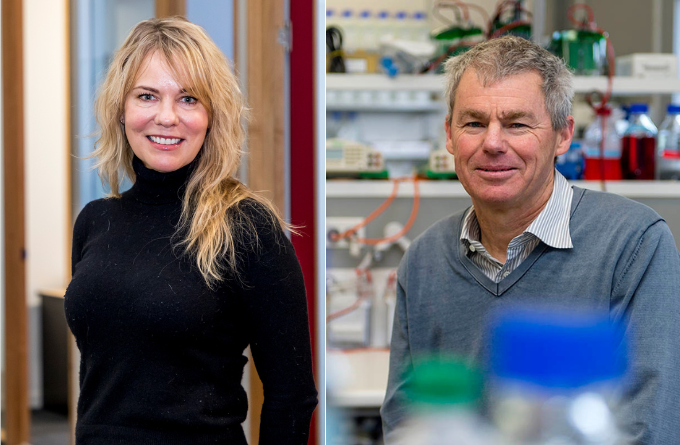
Kjesten Wiig appointed Director of Malaghan Institute as Graham Le Gros steps into new role
11 December 2024

A revolution in cancer care is near; here’s what’s needed to make it happen
9 May 2024
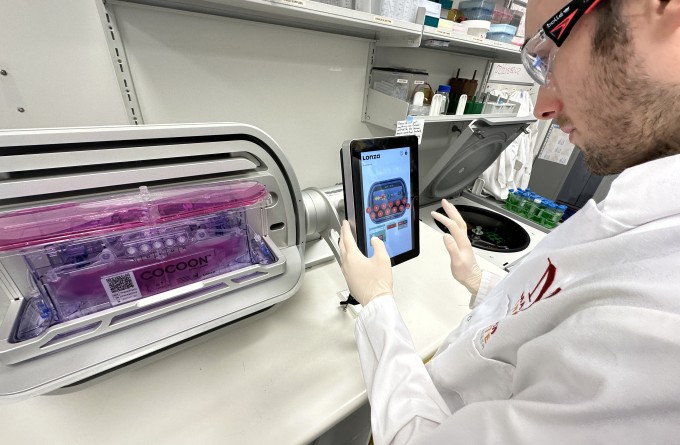
Malaghan Institute and BioOra deliver automated manufacturing to scale up CAR T-cell cancer therapy in NZ
16 August 2023
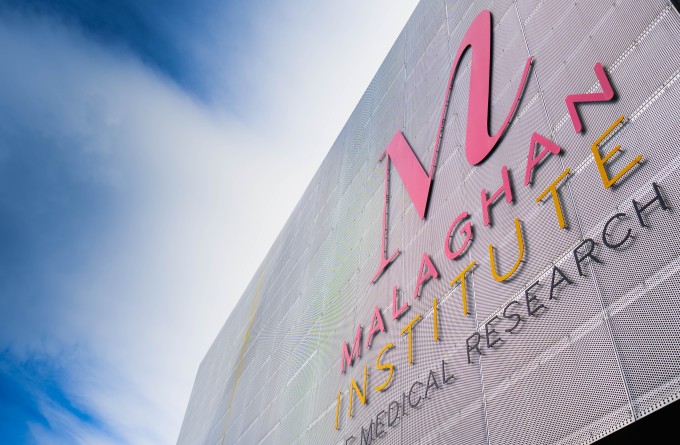
Investment in science will boost New Zealand’s resilience and prosperity
18 May 2023
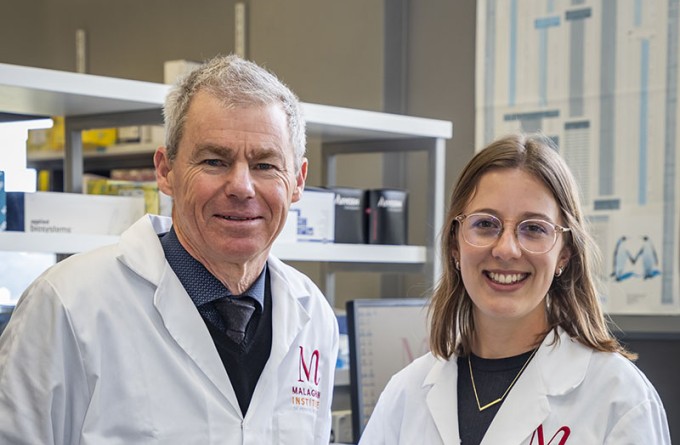
Discovery offers clues on what causes immune cells to drive allergic disease
7 November 2022
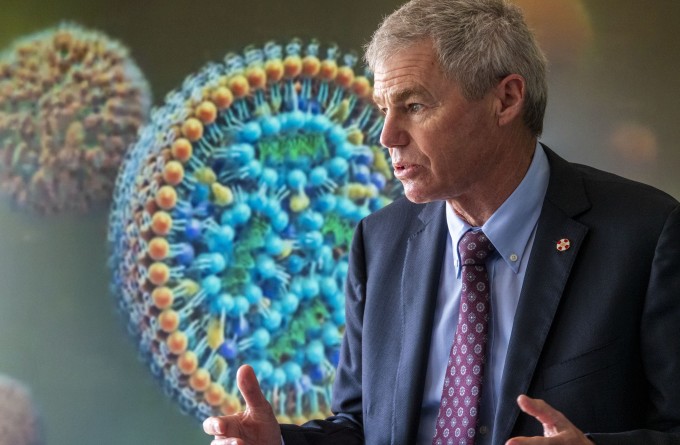
Homegrown COVID-19 booster vaccine: building New Zealand’s biomedical capability
23 May 2022
